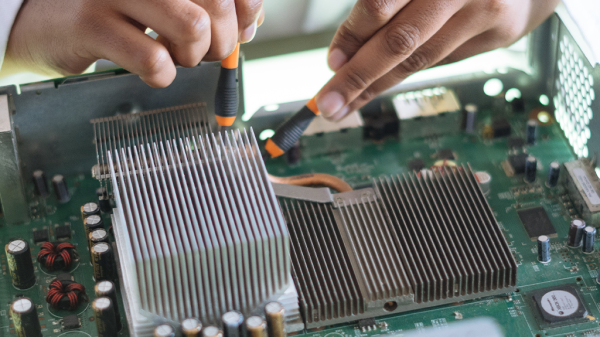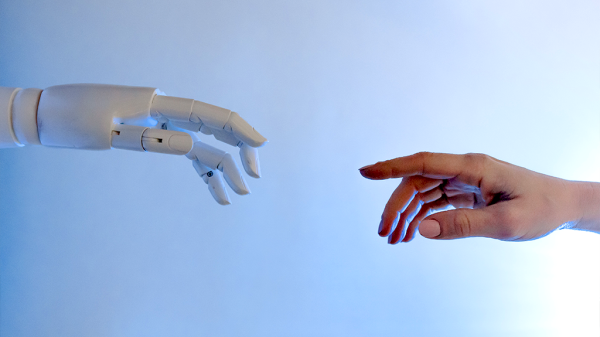
Smart meters – amazing new tools
Smart meters are being installed on homes across America by utility companies, replacing the old fashioned spinning dials with a digital monitor. The goal is to better monitor electric usage and help in many ways to reduce energy use, costs, and a home’s carbon footprint. Additionally, smart meters are said to improve customer service, as problems can be solved faster, and utility companies can better report use, as well as faster notification to consumers of power outages.
Smart meters can even identify each home or office’s use, and advise when it is cheapest to use certain appliances, as the digital smart meter reads a different electric signal from each appliance and knows when and for how long each is in use. Consumers can typically view their use in real time online through the utility company or an app, so it can be monitored remotely from any device.
They are hailed by environmentalists across the world, but not everyone is enthusiastic about the new meters, particularly those who claim it leads to inaccurate billing and pose a security risk.
Controversies surrounding smart meters
Billing is controversial, as the smart meters have set up many states to begin offering “time of use” billing in which use is billed differently based on the season or whether it is on-peak or off-peak. This has led to a rejection of the systems by some, even staging protests against the new systems which as of September 2011 are being considered in 38 states. Some companies allow users to opt in or opt out of the smart meters, but not all offer an option.
The concerns over security are that the meters record all device usage, so it collects and paints a picture of a resident’s daily patterns, which if intercepted by any third party, could allow for a burglary plan to be executed during the hours when recorded data show a resident is never using any electricity, therefore is likely not at home or asleep, or perhaps the regular pattern of watching tv before bed can show reliably when the house is at rest.
Additional concerns include judges subpoenaing the information as evidence in cases like divorce, custody, worker’s compensation and the like. Some believe this possibility to be a tremendous violation of privacy and point to companies already using smart meters to hunt down marijuana growers. That argument is weak, given that traditional meters can typically spot spikes in use associated with growers, but the idea is simple – some believe the smart meters make residents vulnerable.
The American Genius is news, insights, tools, and inspiration for business owners and professionals. AG condenses information on technology, business, social media, startups, economics and more, so you don’t have to.












































praseodym
June 10, 2012 at 10:40 am
@mrngm Enige semi-valide punt daar is security/privacy. Lijkt me wel goed als er meer transparantie is over aantal datapunten.
mrngm
June 10, 2012 at 10:48 am
@praseodym ik wil die communicatie in kunnen zien. Wordt er geauthenticeerd / geverifieerd dat de comms daadwerkelijk van $huis komen
praseodym
June 10, 2012 at 10:49 am
@mrngm dat is ook een goed punt, volgens mij zijn er op CCC ook talks over geweest.
mrngm
June 10, 2012 at 10:48 am
@praseodym anders wordt het erg interessant om bogus informatie te sturen als het huis van de buren, en zo een hoge rekening te veroorzaken